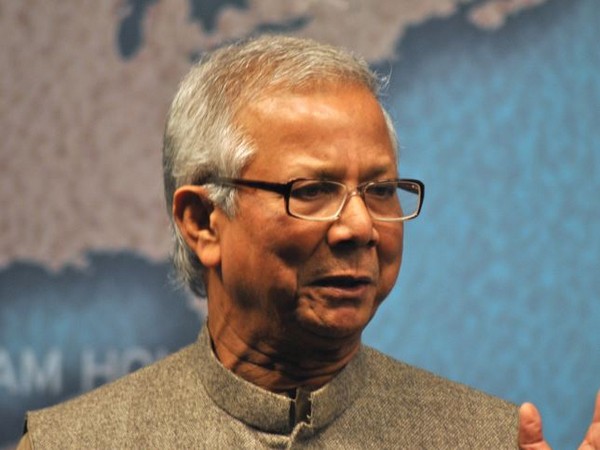Bangladesh's Interim Government Urged to Seek UN-Backed Inquiry into Human Rights Abuses
Human Rights Watch urges Bangladesh's interim government to push for an independent UN-backed investigation into recent and past human rights violations. The call highlights the necessity for international oversight to ensure accountability and justice in Bangladesh.

- Country:
- Switzerland
Human Rights Watch has called on Bangladesh's interim government to request an independent mechanism at the next United Nations Human Rights Council (UNHRC) session to investigate and ensure accountability for recent serious human rights abuses in the country. In a letter addressed to chief advisor Muhammad Yunus and other key officials, the NGO emphasized the need for continuous monitoring of Bangladesh's human rights situation by the UN Office of the High Commissioner for Human Rights (OHCHR) and regular reporting back to the council.
The letter urges the interim government to collaborate with OHCHR and other relevant UN experts to initiate an independent domestic inquiry into enforced disappearances, torture, and extrajudicial killings during former Prime Minister Sheikh Hasina's 15-year tenure. This inquiry should operate with UN support to maintain independence and adherence to international human rights standards.
Lucy McKernan, deputy UN Geneva director at Human Rights Watch, stated that following Sheikh Hasina's resignation amid mass protests, the interim government bears the responsibility of addressing past abuses to guide the nation toward a future that respects human rights. She stressed that both a council-backed investigation and a UN-backed domestic inquiry are crucial to achieving accountability for the abuses.
The letter also pressed the interim government to implement measures for civilian oversight of security forces, disband the notorious Rapid Action Battalion, and reform institutions to align with international human rights standards. The protests leading to Sheikh Hasina's exit were noted as the deadliest in recent Bangladeshi history, with at least 440 people killed and thousands injured due to excessive force by law enforcement and violence by youth groups linked to the Awami League.
The interim government has reportedly replaced politically partisan officials and witnessed the resignation of the Supreme Court Chief Justice amid public pressure. While the administration claims that most police stations are now operational, activists are concerned about continuing abuses, including the arbitrary arrest of Awami League officials and supporters.
The Yunus administration has publicly urged calm and committed to investigations and prosecutions for the use of excessive force. It has also released political prisoners, pledged to sign the International Convention on Enforced Disappearances, and vowed to investigate over 700 cases of enforced disappearances under the previous government.
McKernan highlighted that a Human Rights Council-mandated investigation would be the most credible and independent for Bangladeshis who distrust domestic institutions. The council should also mandate OHCHR to monitor the human rights situation during the transition period until free and fair elections are held.
The letter also underscored the need for social protection reforms to ensure fair distribution of economic progress and the elimination of exclusion from public benefits.
Concluding, Human Rights Watch stressed the necessity of the interim government welcoming OHCHR's technical assistance to ensure the independence of legal and judicial bodies and called for comprehensive human rights training across security forces. McKernan warned that without such reforms and UN support, Bangladesh's progress could be easily undone.
She urged UN member states to support Bangladesh through fact-finding and accountability measures and by investing in rights-based institutional and security sector reforms.
(With inputs from agencies.)










